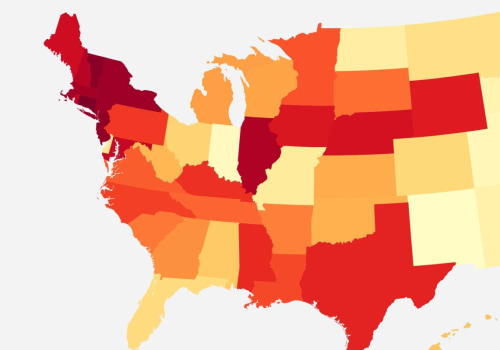Are you a Welsh taxpayer? If so, it's important to understand the tax rates that apply to you. In the United Kingdom, certain tax rates may vary from country to country, so it's essential to be aware of the rates that apply to you. The Welsh Government has the power to set tax rates on non-savings and non-dividend income for those who define themselves as Welsh taxpayers. The Welsh income tax applies only to income not related to savings and without dividends (profits, pensions and most other income).
Welsh taxpayers pay the same tax as the rest of the United Kingdom on savings and dividend income. The self-assessment tax return will be adapted so that Welsh taxpayers can inform HMRC that the Welsh tax applies. If a person moves to or from Wales in the course of a tax year, they will be a Welsh taxpayer if they live in Wales for at least the same amount of the tax year as they live in any other country in the United Kingdom. HMRC remains responsible for the collection and management of Welsh income tax and, as such, it is not a fully transferred tax and remains part of the current UK income tax system.
The rate paid by Welsh taxpayers is calculated by reducing the basic, upper and additional rates of UK income tax by 10 percentage points, and then adding the individual rates set annually by the National Assembly for Wales. These laws allowed the National Assembly of Wales to set tax rates on non-savings and non-dividend income for those who define themselves as Welsh taxpayers. The English and Welsh versions were updated following the ratification of Welsh income tax rates. The Welsh Government has set the first Welsh income tax rates at 10 pence, so the income tax rates paid by Welsh taxpayers will remain the same as those paid by English and Northern Irish taxpayers.
The point at which people start paying the highest and additional rates of income tax is the same as in England and Northern Ireland. If HMRC changes a person's tax rate, the new rate is retroactive to the start of the tax year in which the measure occurred. If you need help calculating your taxes, you can find a specific tax calculator on the WRA website. It's important to remember that when it comes to taxes, knowledge is power. Understanding how taxes work in Wales can help you make sure you're paying what you owe - no more, no less.











Leave a Comment